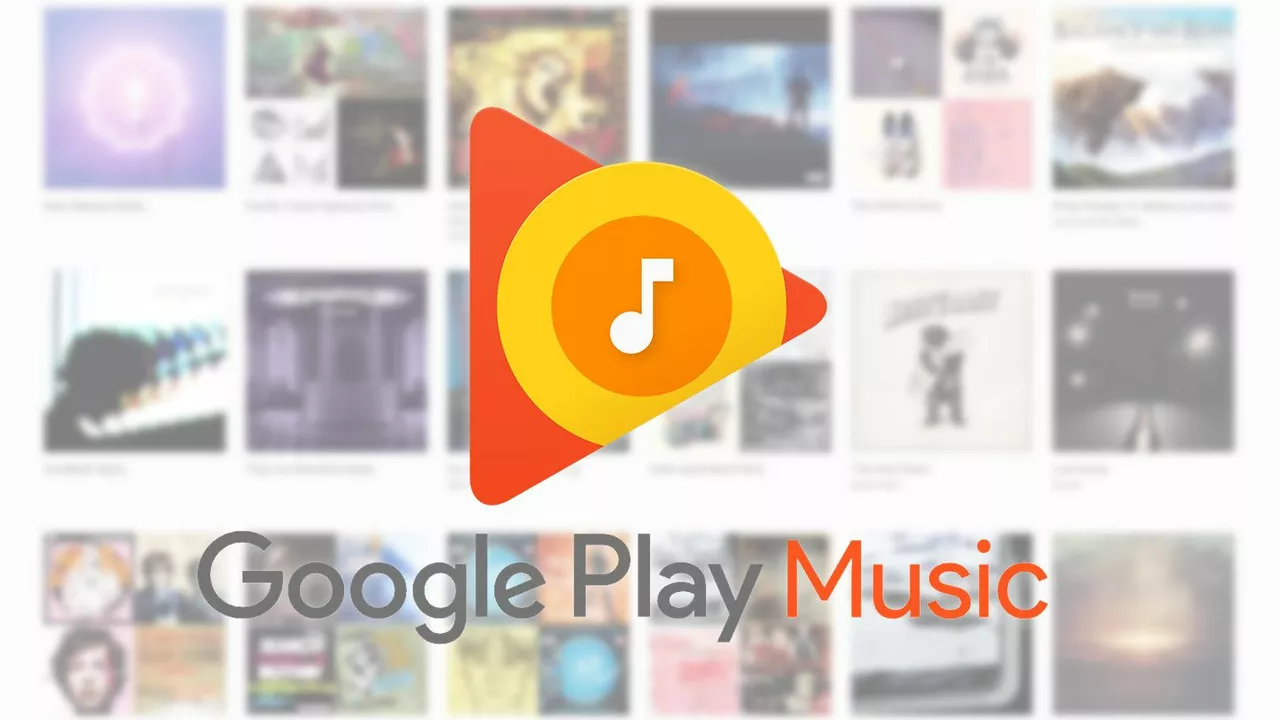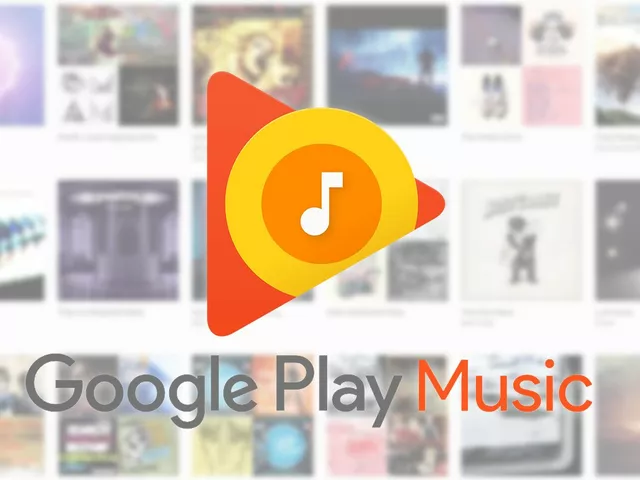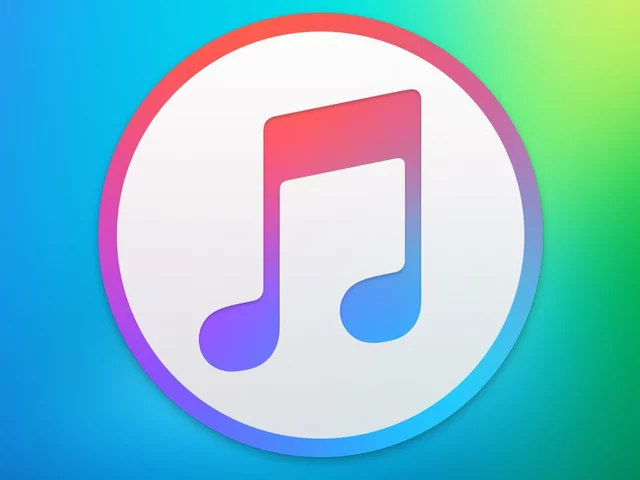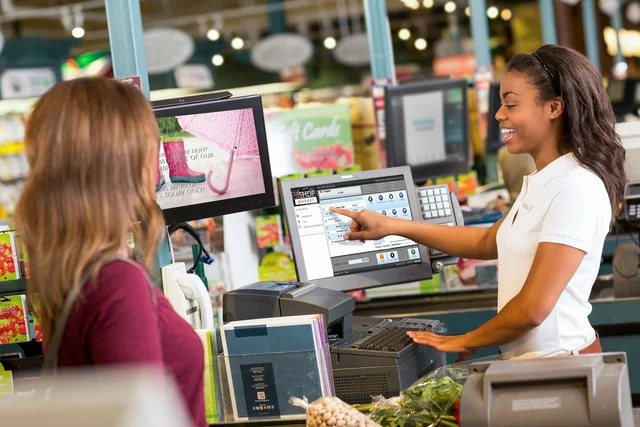Why don't more people use the Google Play Music?

Exploring the World of Google Play Music
As a music lover and a technology enthusiast, I was quite intrigued by Google Play Music when it first launched. A platform that promised to bring a universe of music at your fingertips, Google Play Music was thought to revolutionize the music streaming industry. However, upon closer inspection, you begin to wonder - why aren't more people using Google Play Music? Let's delve deeper into the world of Google Play Music and try to answer this question.
Understanding Google Play Music
Before we examine why the uptake of Google Play Music isn't as widespread as expected, it's important to first understand what the platform offers. Google Play Music is a music and podcast streaming service that allows users to discover, listen, and share music on a variety of devices. It boasts an impressive library of over 40 million songs, which is comparable to other music streaming giants like Spotify and Apple Music.
The Subscription Model
The subscription model of Google Play Music has been a point of contention for many users. While it does offer a free version, the features are limited and the app is ad-supported. The premium version, priced at $9.99 per month, offers an ad-free experience with unlimited skips and access to YouTube Music. However, many users feel that the cost does not justify the benefits, especially when compared to other streaming services.
User Interface and Experience
Another reason why Google Play Music hasn't taken off as expected is due to its user interface. While it's clean and minimalist, many users find it to be less intuitive than other music streaming apps. It lacks the personalized playlists and music discovery features that have made apps like Spotify and Apple Music so popular. Furthermore, many users have reported issues with the app, such as songs not loading or the app crashing, which can be very frustrating.
Device Compatibility
While Google Play Music is compatible with a variety of devices, it does not offer the same seamless experience as other music streaming platforms. For example, it doesn't integrate as well with smart devices like Amazon Echo or Apple HomePod. This can be a major drawback for users who want to stream music across multiple devices.
The Transition to YouTube Music
In 2020, Google announced that it would be transitioning Google Play Music users to YouTube Music. While YouTube Music offers a similar service, many Google Play Music users were not happy with the transition. They cited issues such as the lack of a music locker service, the inability to upload their own music, and the fact that YouTube Music is more video-centric.
Market Competition
The music streaming industry is a highly competitive one, with several established players like Spotify and Apple Music. These platforms offer a host of features and a seamless user experience that Google Play Music has struggled to match. This intense market competition has undoubtedly played a role in the lesser popularity of Google Play Music.
Final Thoughts
While Google Play Music has its share of issues, it's not all doom and gloom. The platform still has a dedicated user base and offers a vast music library. With some improvements in user experience and device compatibility, it could still carve a niche for itself in the music streaming industry. However, it remains to be seen how Google will navigate these challenges in the future.




